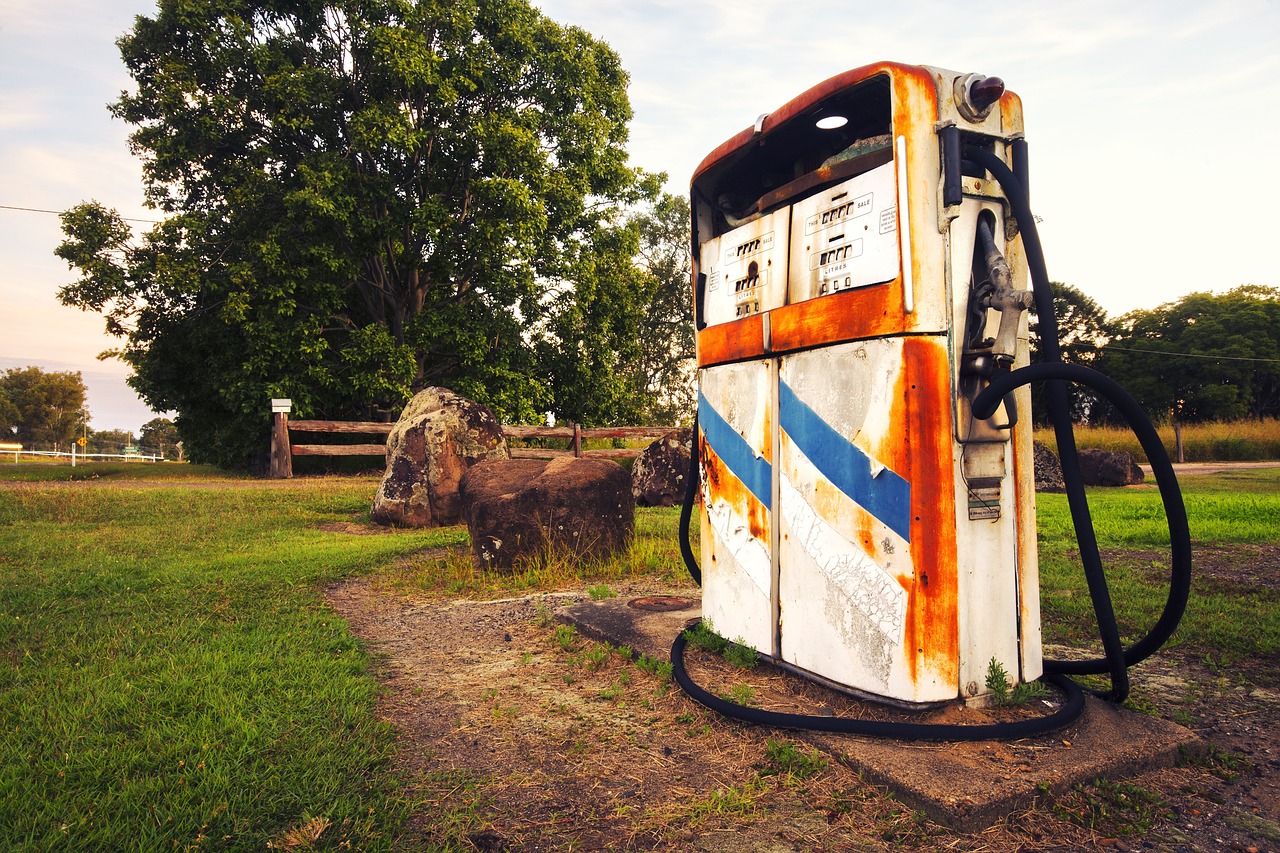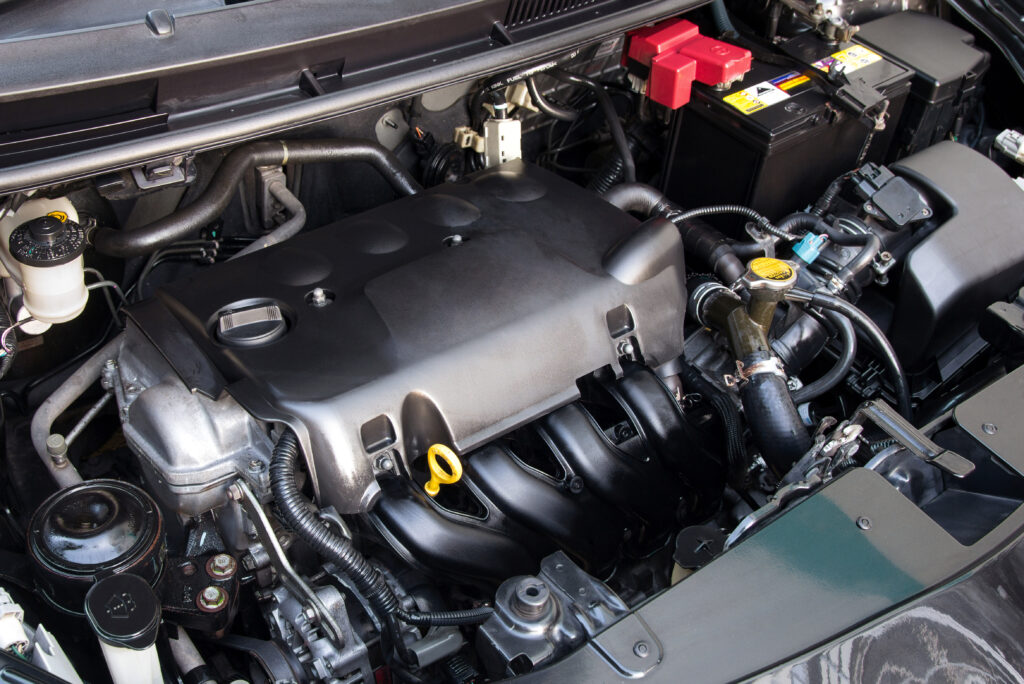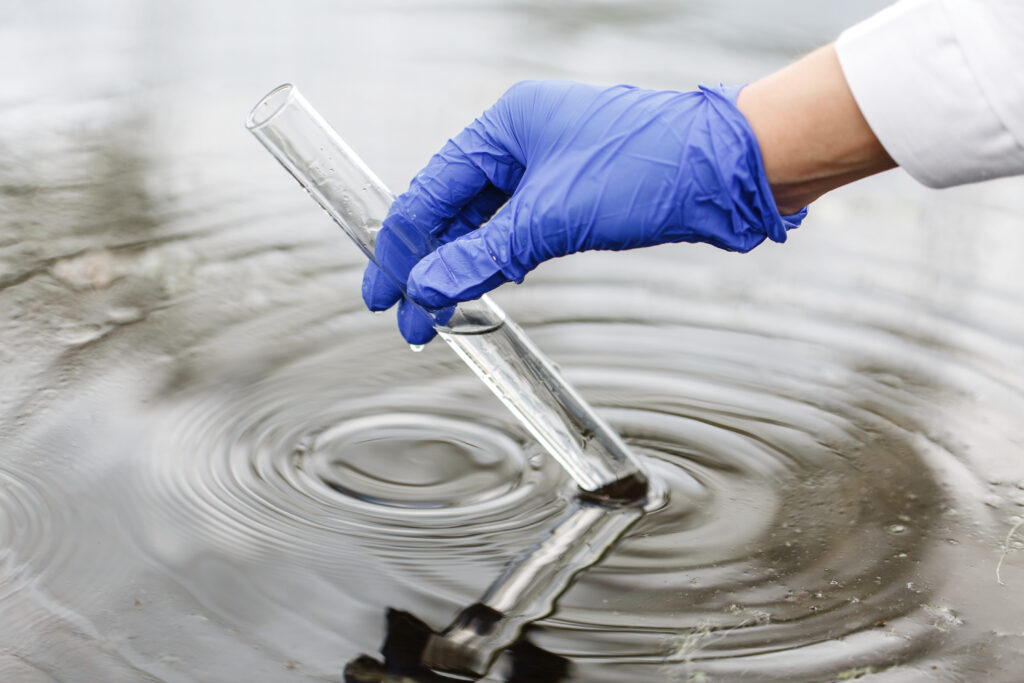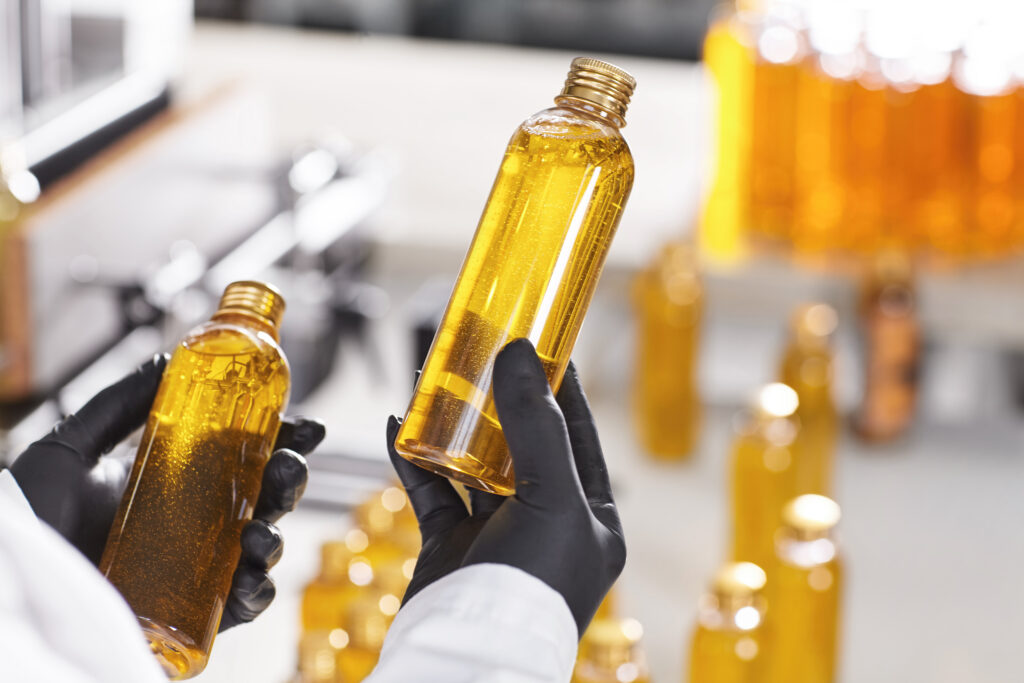Fuel testing is an important process that verifies the quality, performance, and safety of diverse fuels. The importance of accurate and dependable fuel testing methods, whether for gasoline, diesel, or aviation fuel, cannot be understated. Fuel quality directly impacts engine performance, efficiency, and emissions, making it critical in industries such as automotive, aerospace, and energy.
This article examines the top ten fuel testing methods that every industry professional should be familiar with. Understanding these methods, which range from classic procedures to cutting-edge technology, can shed light on the significance of fuel testing and its role in assuring optimal fuel performance and reliability.
Introduction to Fuel Testing
You know how it feels to be out of gas and urgently looking for the next gas station? Fuel testing ensures that the fuel you put in your vehicle does not leave you stranded on the side of the road. It all comes down to quality control and ensuring that the fuel you use fulfills specified standards. So, let’s take a look at fuel testing and see why it’s so crucial.
Fuel testing is more than simply a sophisticated lab experiment. Its primary function is to inspect the quality, content, and overall performance of the fuel we use in our automobiles, trucks, trains, and jet engines. Experts can establish if there are any impurities, pollutants, or other factors that could impair the efficiency and performance of fuel by subjecting samples to various testing methods.
Importance of Fuel Testing
Fuel testing may not be the most glamorous subject, but believe me when I say it plays an important role in your daily life. This is why:
- Ensuring Fuel Efficiency and Performance
Excellent fuel equals excellent performance. When your fuel is free of pollutants and fulfills the required criteria, your engine may perform optimally. Fuel testing identifies any problems that may jeopardize fuel efficiency, allowing you to make informed decisions about what goes into your tank. After all, no one wants to waste money on fuel that isn’t doing its job.
- Mitigating Engine Damage and Maintenance Costs
Consider this: you’re traveling down the interstate, enjoying your road trip, when your engine begins to make unusual noises and your check engine light illuminates. Poor-quality fuel can cause engine damage, which not only costs money but also disrupts your plans. By testing fuel regularly, you can detect potential problems early on and avoid costly repairs in the long term. It’s the equivalent of giving your engine some tender loving care.
Common Fuel Testing Methods
Now that we know why fuel testing is so crucial, let’s look at some popular methods for evaluating fuel quality. Don’t worry, we’ll keep it basic and to the point.
1. Visual Examination and Inspection
The equivalent of evaluating a book by its cover in terms of fuel. Visual inspection entails evaluating the fuel for apparent contaminants such as water, silt, or strange colors. It’s a quick and easy technique to see if the fuel is pure and free of any evident problems.
2. Density and Viscosity Testing
Density and viscosity might sound like complicated scientific terms, but they’re actually straightforward measures of a fuel’s thickness and flow. Testing these properties helps evaluate the fuel’s performance in different weather conditions and ensures it meets the specifications required for optimal combustion.
3. Octane and Cetane Number Testing
No, octane and cetane values aren’t some kind of secret code. They are actually indicators of a fuel’s ability to withstand knocking (in the case of gasoline) or to ignite easily (in the case of diesel). We can assess if the fuel will work properly in different engine types by measuring these quantities.
4. Distillation Testing
Distillation testing is performed to determine the boiling range and evaporation characteristics of a fuel. This determines whether the fuel will evaporate properly and ensures proper combustion in the engine.
5. Gas Chromatography
Gas chromatography, abbreviated GC, is the Sherlock Holmes of fuel testing. It can identify and quantify various chemicals found in fuel samples. GC allows professionals to examine the composition of the fuel mixture and discover any impurities or pollutants that may impair performance by separating the components of the fuel mixture.
6. Fourier Transform Infrared Spectroscopy
Fourier Transform Infrared Spectroscopy, or FTIR, sounds like something out of a sci-fi movie, but it’s a useful technique in fuel testing. By analyzing the infrared spectrum of a fuel sample, FTIR can provide valuable information about its molecular structure and identify specific functional groups. It’s like performing a chemical fingerprint analysis to understand the fuel better.
7. Engine Performance Testing
Engine performance testing is like bringing your car to the gym to work out. This method measures power output, fuel efficiency, and emissions to determine how well a fuel performs in an engine. It’s essentially a report card on the performance of your fuel. This test is critical if you want your car to run like a gazelle.
8. Accelerated Aging Tests
Accelerated aging tests function similarly to time machines for fuel. They subject fuel samples to circumstances that imitate the wear and tear that might occur over time. This helps assess how the fuel will perform regarding stability, deterioration, and potential future difficulties. It’s like getting a glimpse into the future of gasoline but without the crystal ball.
9. Emissions Testing
The purpose of emissions testing is to see what comes out of your tailpipe. When fuel is burned, the amount of pollutants emitted into the air is measured using this method. It functions similarly to a smoke detector in your car’s exhaust system. So, if you don’t want to leave a trail of black smoke behind you, emissions testing is essential.
10. Laser-Induced Breakdown Spectroscopy
LIBS may sound like the sidekick of a superhero, but it’s actually a cutting-edge fuel testing tool. It analyzes the elemental makeup of a fuel sample using lasers. Consider it a gasoline detective capable of detecting even the smallest quantities of components. It’s like CSI for fuel, but without the dramatic soundtrack.
Conclusion and Key Takeaways
Fuel testing methods are critical in ensuring that your fuel runs effectively, is environmentally friendly, and fulfills quality standards. These approaches, which range from engine performance testing to emissions testing, assist us in understanding the qualities and impact of the gasoline we use. As technology progresses, emerging approaches like as LIBS and NIR spectroscopy offer intriguing new opportunities for more precise and thorough fuel analysis. So, the next time you fill up your gas tank, keep in mind that a lot is going on behind the scenes to keep your engine running smoothly and the environment pleased.
Fuel testing is an important part of guaranteeing the quality, performance, and safety of gasoline. Industries can effectively assess fuel quality and make informed decisions by combining common testing methods such as visual examination, density testing, and distillation testing with advanced analytical techniques such as gas chromatography and Fourier Transform Infrared spectroscopy.
Professionals may sustain fuel quality standards and ensure optimal performance in their respective businesses by remaining knowledgeable about these best gasoline testing procedures.






